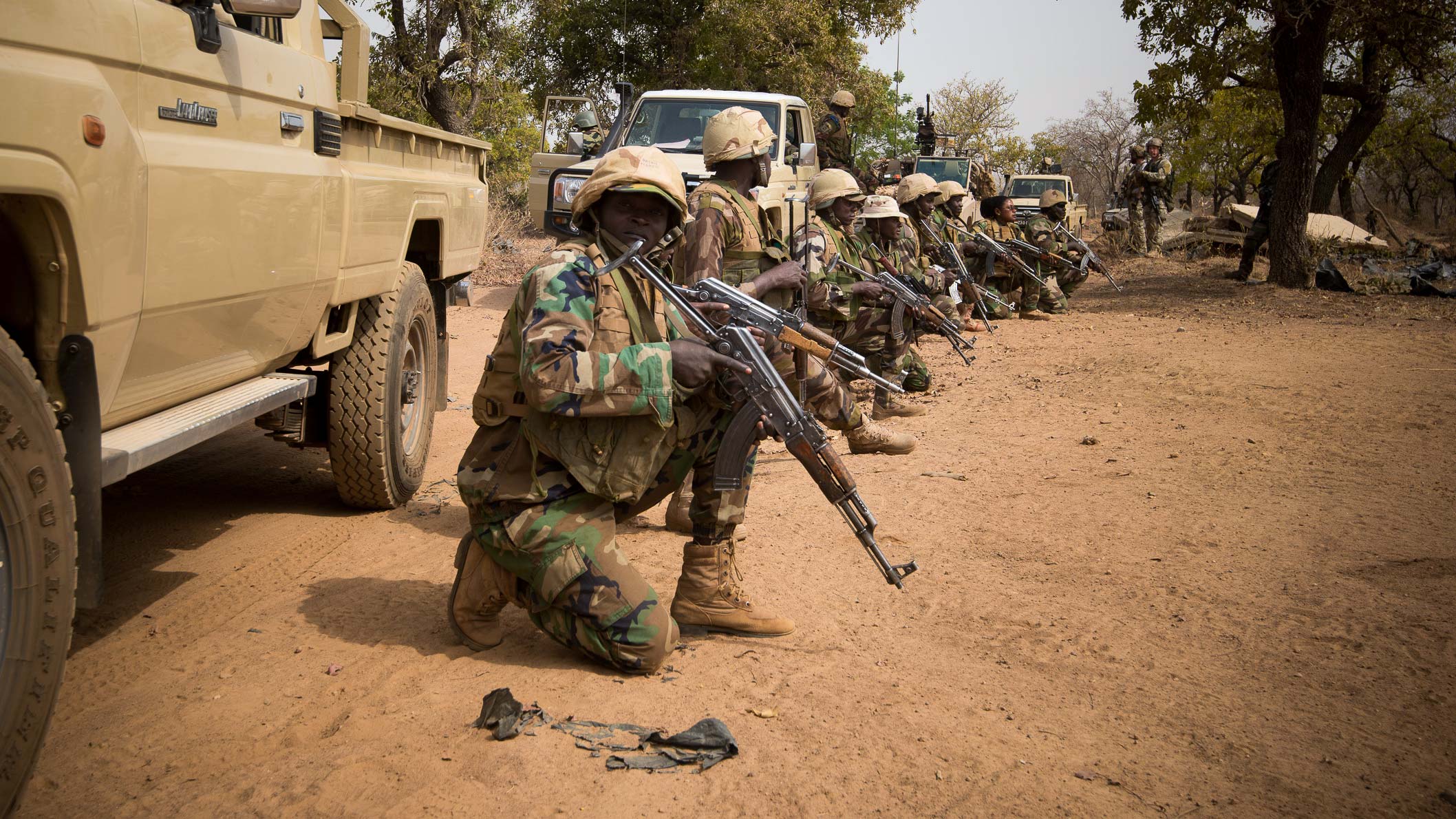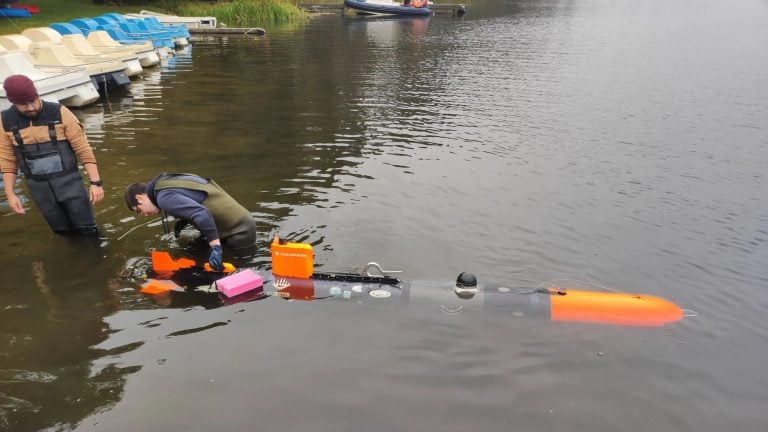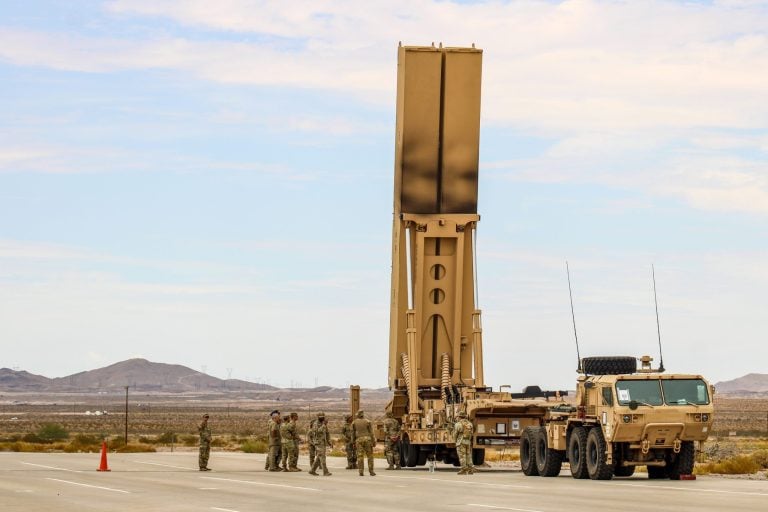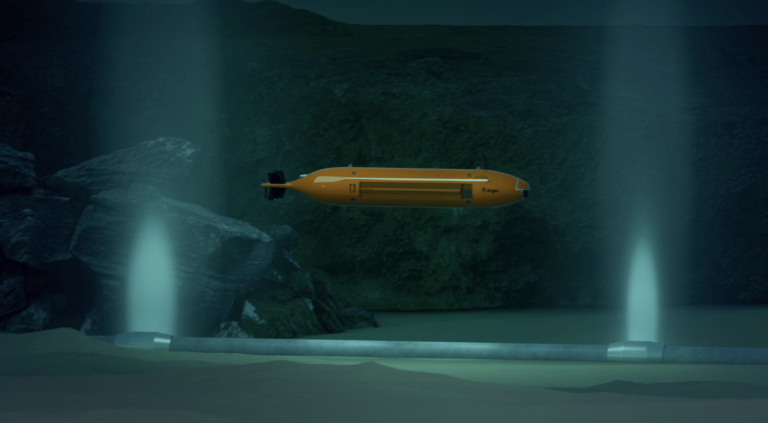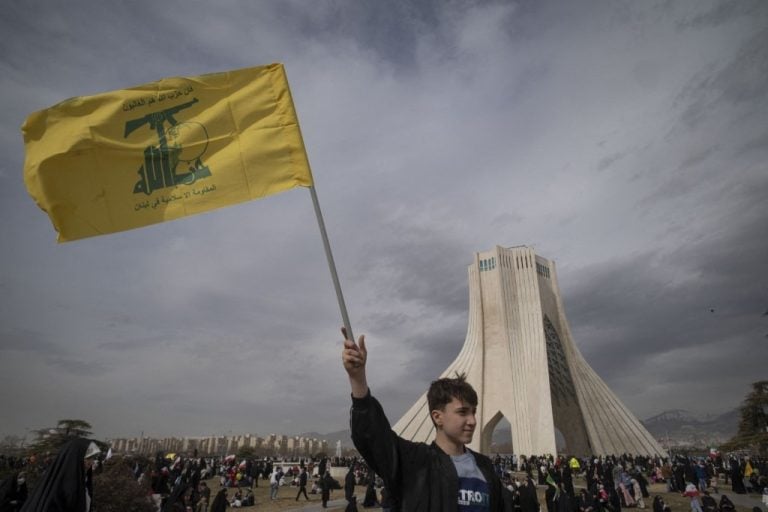In a significant development, the Niger army has announced the death of a prominent leader of the jihadist group Boko Haram. The operation took place in the Diffa region of southeast Niger, an area that borders Nigeria, Chad, and Cameroon, known for its connections to the ongoing conflict linked to Boko Haram.
The slain leader, identified as Bakura, was reportedly killed during a highly coordinated “surgical operation” on an island in the Lake Chad basin. The military’s statement detailed that the operation was executed with precision, targeting Bakura’s positions on the morning of August 15. An air force fighter aircraft launched three successive strikes on the location where Bakura, whose real name was Ibrahim Mahamadu, was known to operate.
Bakura led a splinter group that remained loyal to the former Boko Haram leader, Abubakar Shekau, even as others in the group chose to align with the rival faction Islamic State West Africa Province (ISWAP). Following internal divisions within Boko Haram, Bakura and his followers moved to the islands on the Niger side of the lake. His leadership role was solidified after Shekau’s death during infighting among jihadist factions in May 2021.
Boko Haram’s insurgency, which began in 2009 with the aim of establishing an Islamic caliphate in northeast Nigeria, has resulted in significant humanitarian crises, claiming approximately 40,000 lives and displacing over two million individuals. The violence resulting from this insurgency has also affected neighboring countries, with Niger experiencing its first attacks by the group in 2015, specifically in Bosso, located along the shores of Lake Chad.
The Niger military emphasized that Bakura was considered a “feared leader” within the group, highlighting the operational challenges posed by Boko Haram and its offshoots in the region. The successful targeting of Bakura marks a notable win for the Niger army as it seeks to combat the persistent threat posed by radical jihadist movements that have plagued the Lake Chad basin and its surrounding areas for years.
